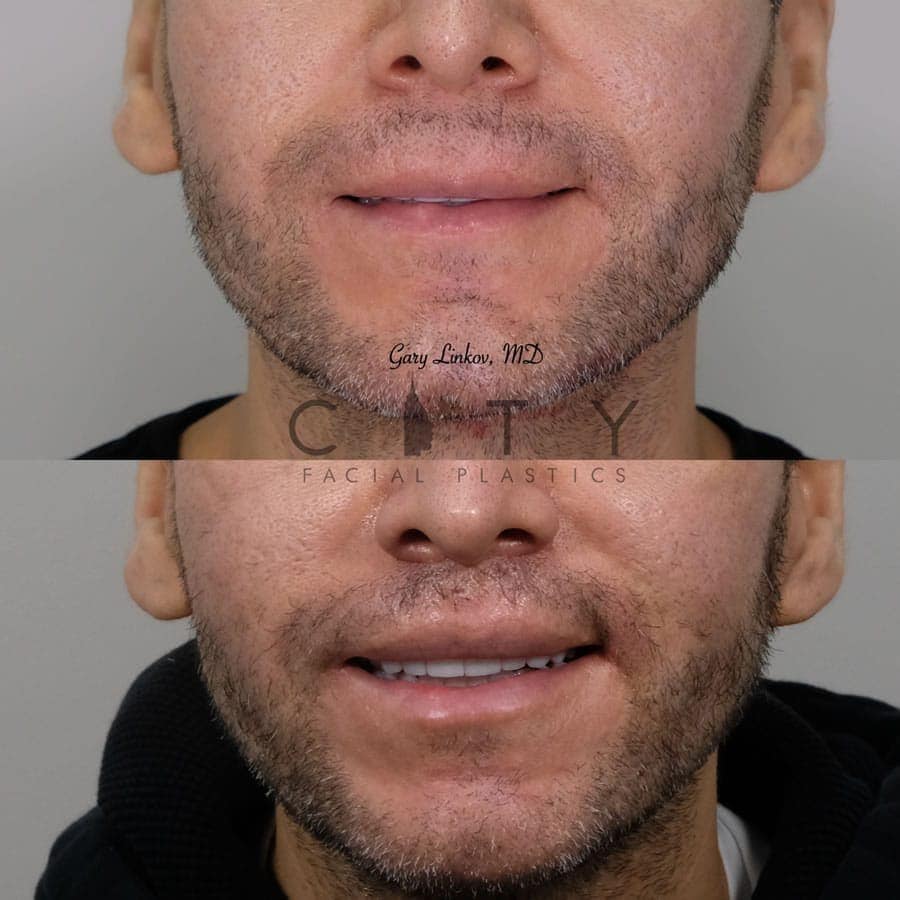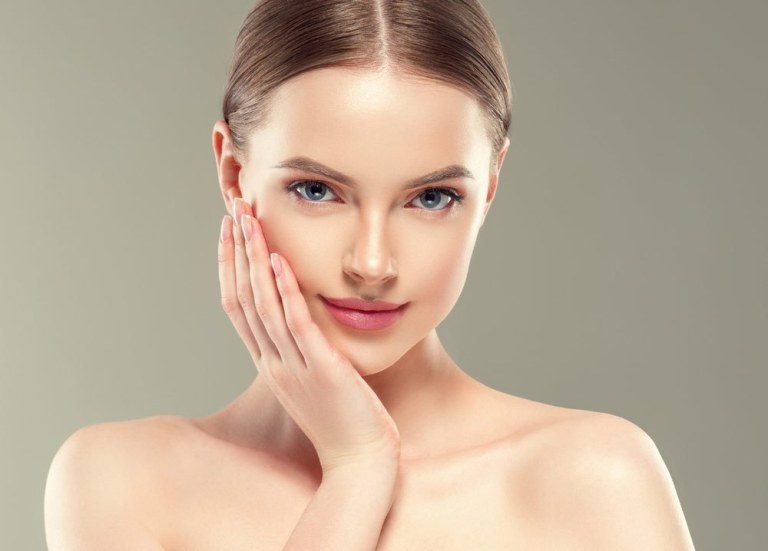The Impact of Self-Image on Decision-Making: Reasons Several Individuals Pursue Plastic Surgery for Physical Transformation
The interaction in between self-image and decision-making is a complicated sensation, particularly apparent in the boosting trend of individuals selecting plastic surgery as a method of physical improvement. Encouraged by a need to fulfill social assumptions and individual perfects, numerous individuals come to grips with issues of self-confidence that can considerably influence their options. As outside pressures from social networks and cultural norms increase sensations of inadequacy, an essential question develops: what are the underlying psychological variables that drive this quest of modified appearances, and what implications do these decisions hold for individuality and well-being?
Recognizing Self-Image
Self-image describes the mental photo and understanding a private holds about themselves, including facets such as physical look, individuality characteristics, and overall self-regard - mommy makeover rancho cucamonga. This internal depiction significantly affects exactly how individuals connect with the world and can be a driving force behind various life options, including the choice to undergo plastic surgery
A positive self-image commonly correlates with greater self-worth and a sense of self-confidence, cultivating an aggressive technique to life. Conversely, a negative self-image may bring about feelings of inadequacy and frustration, motivating individuals to seek outside solutions to perceived problems. This quest for renovation can manifest in the wish for physical transformation with cosmetic procedures.
The pervasive nature of media and peer contrasts can magnify sensations of insecurity, encouraging people to change their look in quest of acceptance or authorization. Comprehending these dynamics is vital in comprehending the motivations behind cosmetic surgical treatment.
Emotional Elements at Play
Various emotional elements influence a person's decision to go after cosmetic surgery, usually rooted in much deeper cognitive and emotional processes. One substantial aspect is low self-worth, which might arise from unfavorable self-perceptions or dissatisfaction with one's look. People with diminished self-worth might believe that altering their physical functions will enhance their general value and approval in social contexts.
Furthermore, the idea of body dysmorphic disorder (BDD) plays a critical duty. Individuals dealing with BDD experience an obsessive concentrate on regarded problems in their appearance, leading them to look for surgical intervention as a solution. This compulsive need for improvement can dramatically misshape their self-image, driving them to go after treatments despite the capacity for adverse end results.

Societal Pressures and Assumptions
A significant influence on individuals' decisions to undertake plastic surgery stems from social pressures and expectations that suffuse contemporary society. In an era controlled by social media and consistent visual direct exposure, idealized criteria of charm are frequently showcased, producing a pervasive setting where physical appearance is intensely looked at. Such standards commonly dictate what is thought about eye-catching, leading individuals to really feel forced to comply with these perfects.
Furthermore, the normalization of cosmetic improvements in popular society even more aggravates these stress - mommy makeover rancho cucamonga. Influencers and celebrities honestly discussing their surgeries can create an assumption that such modifications are not just appropriate however preferable. This sensation can stimulate sensations of inadequacy in individuals that might feel their all-natural appearance does not line up with social standards
Furthermore, the influence of peer groups can not be neglected. People may run into indirect or straight stress from friends or family, leading to a communal recognition of cosmetic surgery as an appropriate methods to accomplish an idealized self-image. Subsequently, these social expectations can dramatically influence personal decision-making processes, usually outweighing intrinsic inspirations for self-improvement and promoting a culture where physical transformation is gone after as a solution for perceived drawbacks.

Situation Research Studies and Individual Stories
Many reference individuals have actually shared their individual trips concerning plastic surgery, revealing a complex interaction in between self-perception and social impacts. For example, a 34-year-old lady defined how years of feeling poor due to her nose led her to look for nose job. She reported that after the procedure, her self-confidence rose, permitting her to engage more freely in social situations and progress her career. Yet, she acknowledged that her choice was greatly affected by media portrayals of charm.
Similarly, a male client in his late twenties recounted his battle with body dysmorphic disorder, which triggered him to go after liposuction. His experience highlighted not only a need for physical transformation however likewise an aspiration for acceptance among peers. Post-surgery, he revealed a renewed feeling of self-respect, albeit with the awareness that inner recognition must precede external changes.
These case studies underscore a broader trend: individuals typically see plastic surgery as a pathway to improved self-image. Nevertheless, the narratives likewise expose a crucial viewpoint on the pressures and assumptions that form these decisions, recommending that individual stories are deeply linked with societal norms and worths.
Alternatives to Aesthetic Surgery

Skin care therapies, including chemical peels and microdermabrasion, can enhance skin texture and you can find out more tone, addressing problems like acne marks or unequal pigmentation. Additionally, laser treatment is an efficient technique for targeting particular skin problems, such as sun damages or vascular sores, promoting an extra vibrant look.
For those seeking body change, non-invasive fat reduction techniques like CoolSculpting can assist eliminate persistent fat down payments without surgical procedure. Health and fitness programs and dietary therapy are also essential tools for people aiming to achieve a healthier body image. Inevitably, these alternatives can supply significant results while straightening with individual comfort levels and preferences, fostering a positive self-image without the durability of cosmetic surgery.
Verdict
People often look for physical transformation in an attempt to enhance self-esteem and align with perceived standards of charm. By exploring alternatives and fostering a much healthier self-image, people may locate extra lasting paths to self-acceptance and health.
The interplay in between self-image and decision-making is a complicated phenomenon, particularly obvious in the enhancing fad of people opting for cosmetic surgical procedure as a way of physical transformation.Countless mental factors affect an individual's choice to pursue cosmetic surgical treatment, typically rooted in much deeper cognitive and emotional procedures.A significant influence on people' decisions to undertake cosmetic surgery stems from social pressures and expectations that pervade contemporary society. Individuals might come across indirect or straight stress from close friends or family members, leading to visite site a communal recognition of cosmetic surgical treatment as an appropriate ways to achieve an idyllic self-image.Numerous people have shared their personal journeys pertaining to cosmetic surgical procedure, exposing a complex interaction between self-perception and societal impacts.